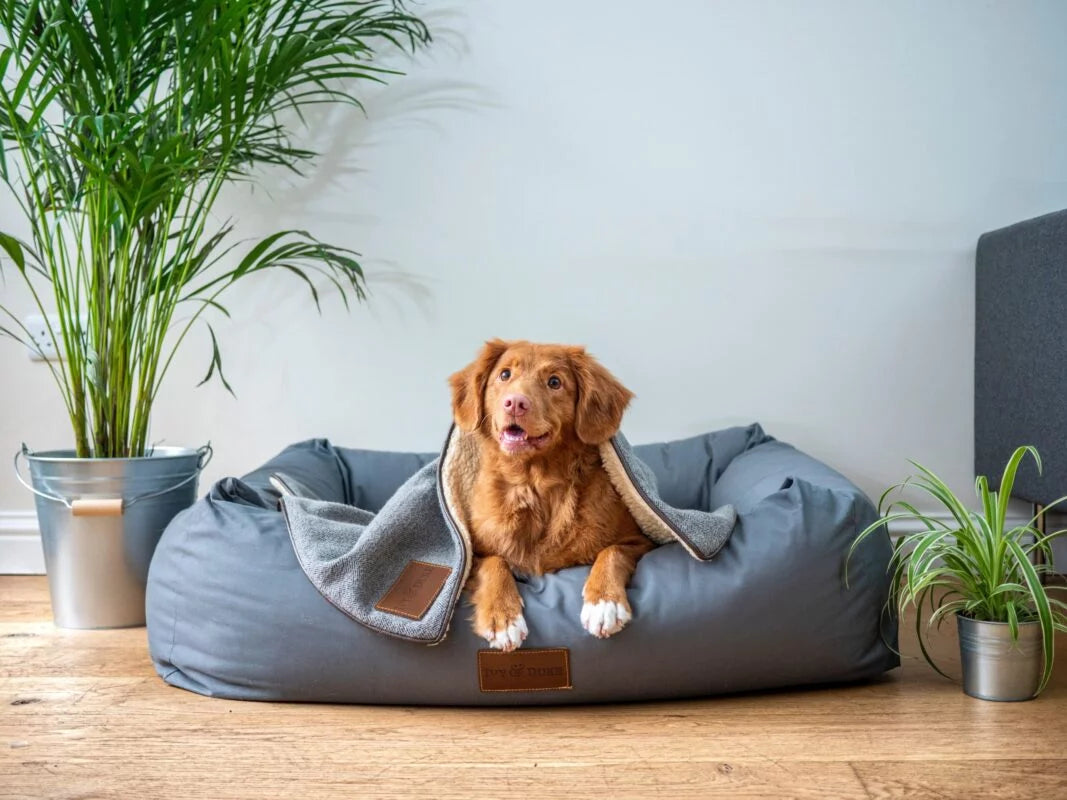A well-trained dog is a key to being a good dog. Training is very important for dogs to live with you and your family. It helps in bonding and avoiding unwanted behaviors.
What To Do:
- Break down the training into small and attainable steps according to the dog behavior you want. Dogs learn and enjoy better if there are rewards after training sessions. Make the training sessions easier if your dog is not getting what you are asking of it.
- Dogs are good with details. Make sure you use the exact cues for a particular behavior. This will avoid frustration on your and your dog’s part.
- Be generous with the treat and rewards at the beginning. Once the dog learns a certain behavior, adjust your schedule.
- Focus on your dog by bringing him into your world by understanding his instincts and natural behaviors.
- Anticipate your dog’s move before he moves. Teach one command at a time.
- Enjoy all the time during the training. Play before and after the training session with your dog.
- Gradually teach the dog to be alone. You can begin by closing your puppy in a confined area with a chew toy, then leaving the room quietly. Come back and reward the dog. Gradually increase the time.
- Give the dogs something constructing when they are in a confinement zone. A chew toy stuffed with food is a perfect activity. It will reinforce the dog’s chewing behavior. You can use a sound machine to provide the dog some company as music influences the behavior of dogs.
- If you are not able to spend time with your puppy at home, hire a professional. Professionals can help better in potty training. When alone training time has progressed enough, give your dog some company. A dog walker is a great solution.
- Dog crates make life easier. It helps them get accustomed to vetting visits, trips, and safety.
- Puppies have smaller bladders, and water or solid food flows directly through them. So, create a housetraining schedule for your puppy. Monitor daily events and puppy habits while making schedules.
- socialize your puppy with different people. This will ensure that the dog will see everybody as a friend when it grows up.
- Teach your dog to be relaxed during restraints with simple exercises. Start with a gentle pat and slowly increase invasiveness. This will make your dog comfortable when attached to a leash, examined by a vet, or held by a groomer.
What Not To Do:
- Do not keep training sessions long. Most dogs to best in training in the first 10-15 minutes. You can train them multiple times a day.
- Dogs may not learn well in a noisy environment. Start training where there are fewer external noises or disturbances.
- Do not use force, pain, intimidation in dog training. Some dogs react aggressively to this and others may completely shut down. Training should be fun not scary.
- Do not get frustrated when training does not go according to the plan. Learning is not linear and the learning curve for every dog is different.
- Do not allow anybody to command your dog. Do not let others pamper your dog more than you. The dog shall look up to you during the leadership training.
- Do not finish the training on a bad note. Always remain positive and praise the dog for the progress.
- Do not lose your temper. Do not chase the dog. The idea is to make him come to you.
- Do not discipline the dog for disobedience. Disobedience and punishment are two different things.
- Do not stop spending time with your dog. More often, people buy dogs and stop spending time with them once they reach adulthood. It can prove to be a hamper in the socialization process of the dog.
- Mental stimulation is very important for a dog, especially if they are under a year old. It helps inculcate positive behavior while the dog is growing up. Dog toys, fetching games can keep dogs busy.
- Avoid feeding stale or junk food to your dogs. It can make them tired, anxious and affect their overall behavior. Even if you are feeding a healthy diet to your dog, they can get cranky if they do not get 2-3 meals a day.
- Try avoiding being rude towards your dog as it defeats the whole purpose of instilling a positive attitude in them. Be affectionate and forgive them if something doesn’t go according to plan.
- Do not spoil them by giving them too many treats. Puppies quickly learn that they can get their way by crying, begging, and acting out.
- Do not allow your home to be a place where your puppy will get hurt. Keep your home free of garbage, pesticides in the garden.
- Your puppy’s misbehavior is not cute when it is growing up. Make sure to teach them good manners when around other people.

